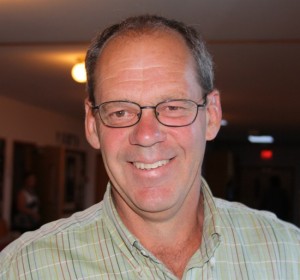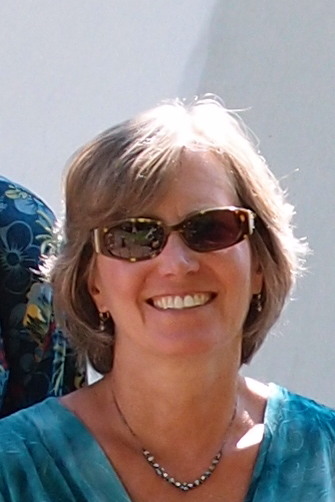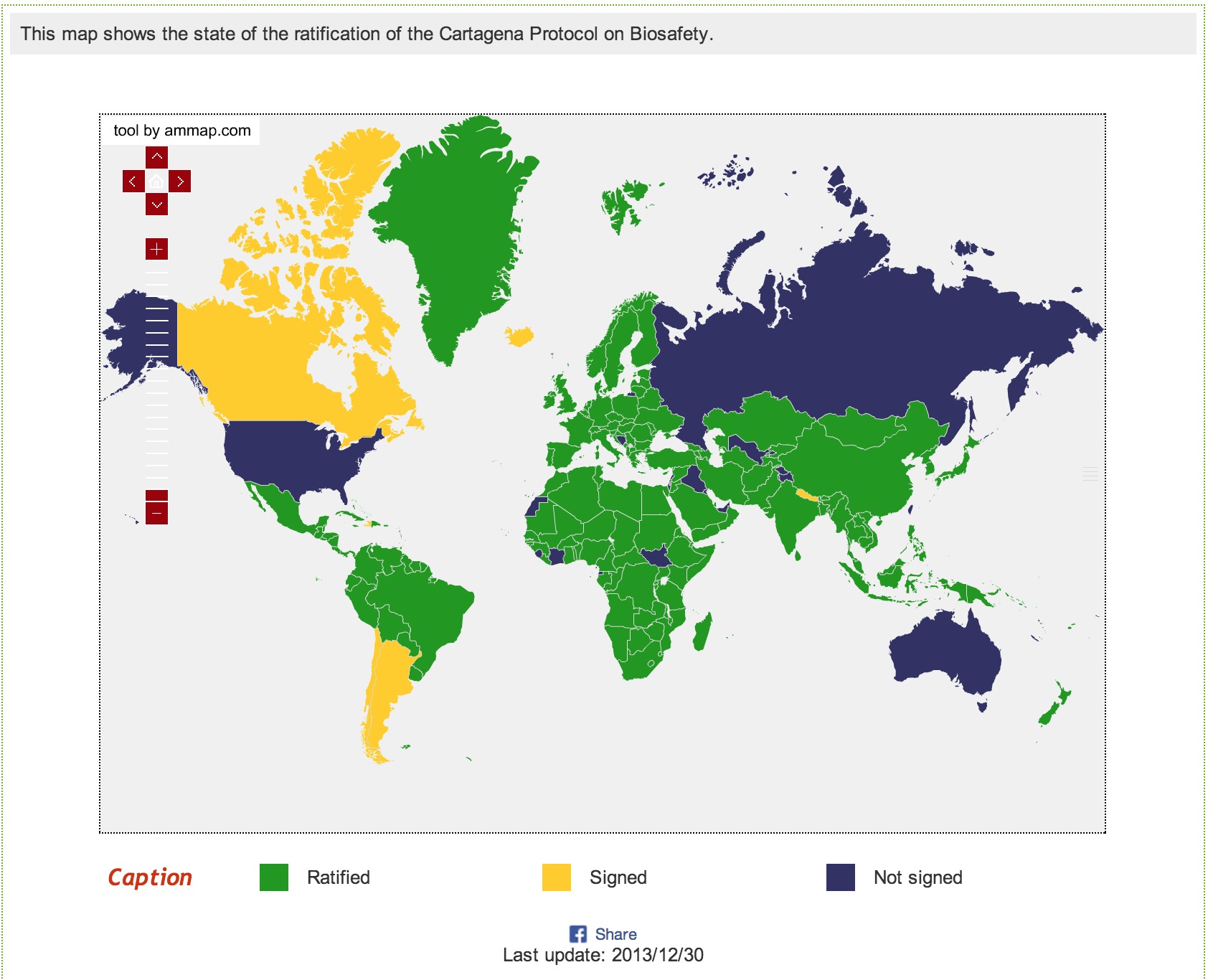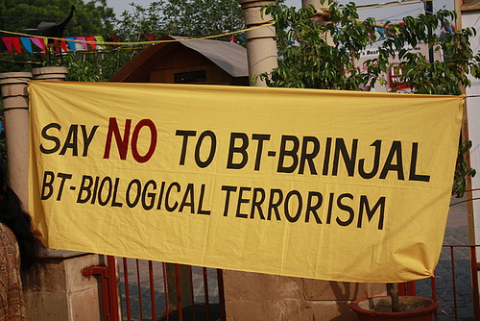Allan Patton is the Director for Electoral Area “C” (Rural Oliver) and has been a full-time Oliver area farmer since 1981. He is a Past Director and Vice-President of the BC Fruit Growers Association, Past Director for BC Agriculture Council, Past Chair of Area “C” Advisory Planning Commission as well as Past Oliver and District Community Economic Development Society Director.

Allan Patton
He has been active in getting the Union of British Columbia Municipalities to pass the recent resolution to declare itself wishing to be GMO free. He is currently proposing a similar motion to the Federation of Canadian Municipalities (FCM) who will hold its Annual General Meeting (AGM) at Niagara Falls this summer.
The motion states :
——————————
Claude Dauphin, President
Federation of Canadian Municipalities
24 Clarence Street
Ottawa, Ontario
K1N 5P3
WHEREAS The Okanagan Tree Fruit Industry and the Canadian Horticultural Council Apple Working Group are very concerned about protecting Food Safety and CanadaGap requirements and Asian and European export Markets;
AND WHEREAS Certified Organic producers and retailers have expressed grave concerns on the continued existence of their industry;
AND WHEREAS the public are expressing increased scepticism on the purported benefits of GE food and animal feed crops;
AND WHEREAS the Union of BC Municipalities, at their 2013 Annual General meeting, carried a resolution “to ask the Provincial Government to legislate the prohibition of importing, exporting and growing plants and seeds containing genetically engineered DNA, and raising GE Animals in BC and to declare through legislation that the Province o BC is a GE Free area in respect to all plants and animal species” and an identical addendum to send it to the Federation of Canadian Municipalities for similar consideration by the Federal Government;
THEREFORE BE IT RESOLVED that the Federation of Canadian Municipalities recommend to the Government of Canada that:
A moratorium be placed on all present and future Food and Animal Feed Genetically Engineered registration application, subject to:
– a non-partisan review be undertaken by Parliament to assess all aspects of GE crops now in existence.
– a public and consumer input and consultation process be developed and undertaken across Canada with recommendations presented to parliament for consideration.
If you need any further information regarding this item please call Christy Malden, Deputy Corporate Officer at (250)-490-4146
Mark Pendergraft
RDOS Board Vice Chair
——————————
I spoke with District Director Allan Patton about his efforts to see that this motion does get tabled at the coming FCM and go to a vote, and does not get rejected and end up under the carpet.
I also asked him what the listeners, or the people of Canada might do, to help this motion along.
This is one more example of democracy working from the bottom up. The municipalities are the lowest level of Government and the closest to the people, and it is through them, rather than through the provincial or federal Government, that the voice of the people may get heard.
You can hear the podcast by clicking on the play button at the bottom of this page. You may also save it through my podcast channel in iTunes (search Tony Mitra) and play it through your music player off line.
I would welcome feedback – at tony.mitra@gmail.com
Thank you.




